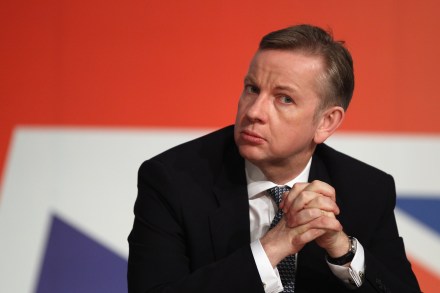Detoxifying profit in education
Profit and education are still two words that should only be put together with caution. The coalition has long-accepted this is a toxic area, as typified by Nick Clegg in September when he proclaimed: ‘Yes to greater diversity; yes to more choice for parents. But no to running schools for a profit; not in our state-funded education sector.’ But as Fraser argued last year, we need profit-making schools to spread the benefits of Michael Gove’s reforms to the most deprived children. To straddle this divide, Policy Exchange has proposed a halfway solution today: social enterprise schools. Similar to a private company, the proposed model has full financial transparency and a duty to reinvest














